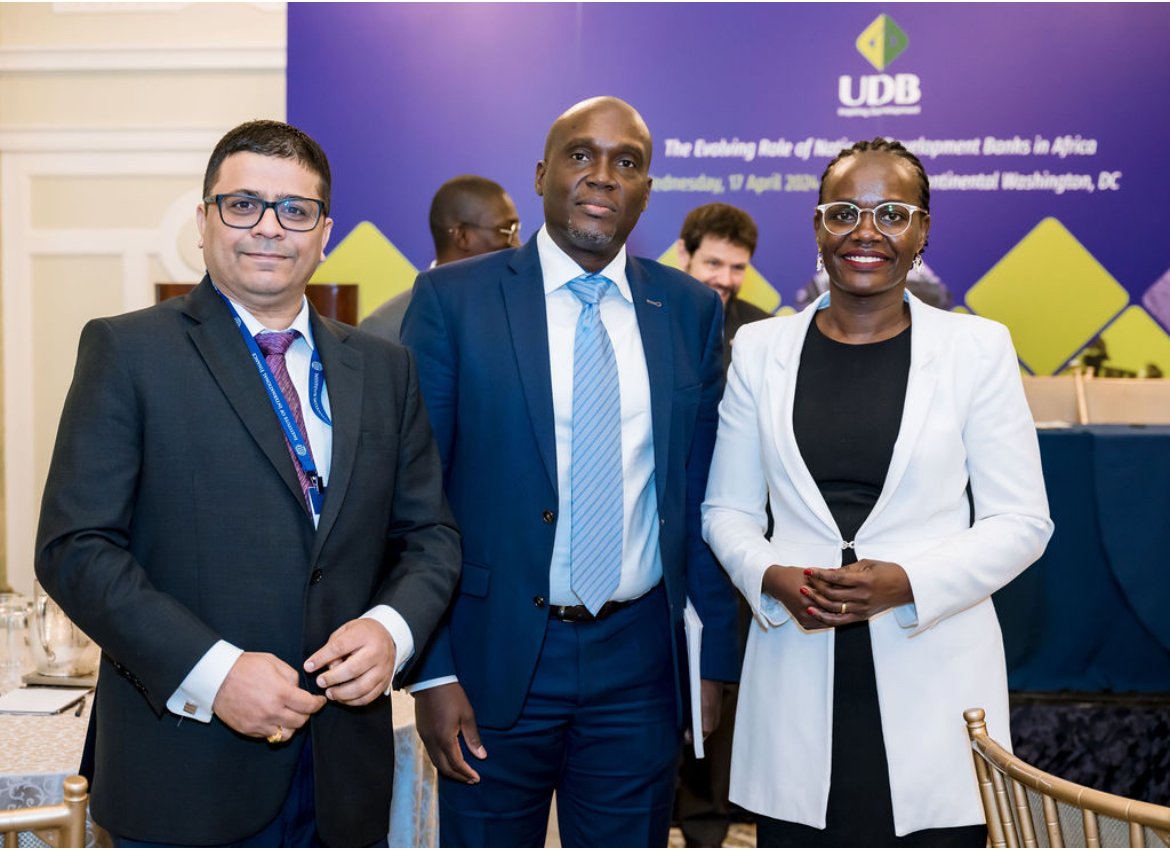Rwanda, Uganda Are Bound By Bigger Things Than Papers And Bilaterals
On my way home a Saturday ago, I picked up – as I regularly do – a copy of the East African newspaper.
Unlike other weekends, this time, their headline was bold, captivating and borderline incendiary.
Keep Reading
For the benefit of those who haven’t seen it, The East African had an interview with the President of Rwanda Paul Kagame in which he discussed, with a level bluntness, the failing relations between Uganda and Rwanda.
On the headline, Kagame said South Africa was to blame for the failing relations between Rwanda and Uganda.
After nearly a year of speculation in both the media and diplomatic circles, it was now beyond deniable that Uganda and Rwanda had developed a deep, curable but disturbing cold in the matter of their relations.
I don’t intend to talk much about those. What I will talk about in this column however is why it is not only important but also inevitable that both countries reconcile.
From as early as the 1950’s, Uganda has had a near open door policy for the settlement of Rwandan refugees. That policy wasn’t a paper policy but rather a unique natal and relational aspect of the two countries. There is no telling in difference between the Bafumbira of Uganda, for example, and the Rwandans across the border. They speak nearly the same language, engage in similar economic activities and each have a penchant for growing crops on the slopes of hills. Infact, even by topography, it is inseparable, the nature of hills in Kisoro, Uganda and those in Mirama, Rwanda.
The unspoken but known code was that Rwanda and Uganda have the same people save for the demarcation of a border drawn and sustained by Belgians on the Rwandan side and the Brits on the Ugandan side.
As a result, many families, friends and acquaintances have been fostered in defiance of these authoritarian border marks.
I’m a beneficiary. My significant other is a product of an intermarriage between the two countries. I have many, many, many friends across the border and we are bound together by ideas, memories, partnerships and money that not anything our nations tell us will break it.
When I look at my Rwandan brothers and friends, the suspicion that officials in Kampala have, that their government wants to overthrow the government here doesn’t hold. We talk in hushed terms about such things but most importantly, we swipe them away and get onto the most important parts of our lives – how we can help each other in this game called life.
There is a tendency, particularly in international or foreign relations, to imagine that trade and bilaterals are the glue that sews countries together – it isn’t. It is an enabler. The informal relations and friendships of the people across those borders do.
When I touch down Kigali, I am received with great warmth – I don’t spend a coin on accommodation. I’m hosted at a home of my young friends and we gobble on milk, we laugh at rolex jokes and talk about journalism, books, the neat city of Kigali and we wind up in a bar dancing to songs made in shack studios in Kampala.
When they come here, we repeat the procedure.
Our leaders should care about these relations too. The very informal friendships that bind us to ideas bigger than our own countries.
The Brits and Belgians made the mistake years ago to imagine that a line in the sand could part Rwanda and Uganda and years down the road the people of both countries have demonstrated what a horrific failure that was, our leaders should do better!














